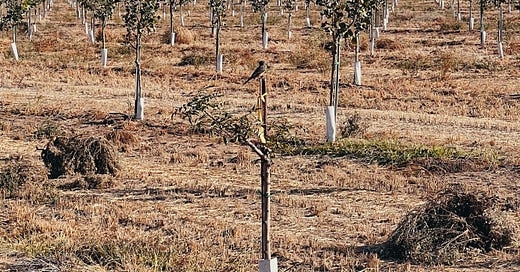My favorite Pema Chödrön story of all times goes something like this1: Pema, decades into her buddhist practice (and probably a full-on buddhist nun by then), was on some kind of meditation retreat, and she was experiencing one of the coldest depressions she had ever known. That bottomless, suffocating, terrifying kind where it’s just dark and bleak and pervasive and you can’t even hold a pencil you’re so racked and I don’t even know why I’m explaining this because if you’re here reading this you’re probably no stranger to the Big D. Anyway, the point is, Pema had this very bad depression, and she kept on trying to fix it, to bring herself out of it, to meditate her way through it. And that depression, it would not budge, it just got worse, and she started to think there was really something terribly wrong with her. After all those years on her meditation cushion and all that work she’d done, there she was, stuck in a thick fog of worst feeling when she really should have been enlighte…
© 2025 Holly Whitaker
Substack is the home for great culture



